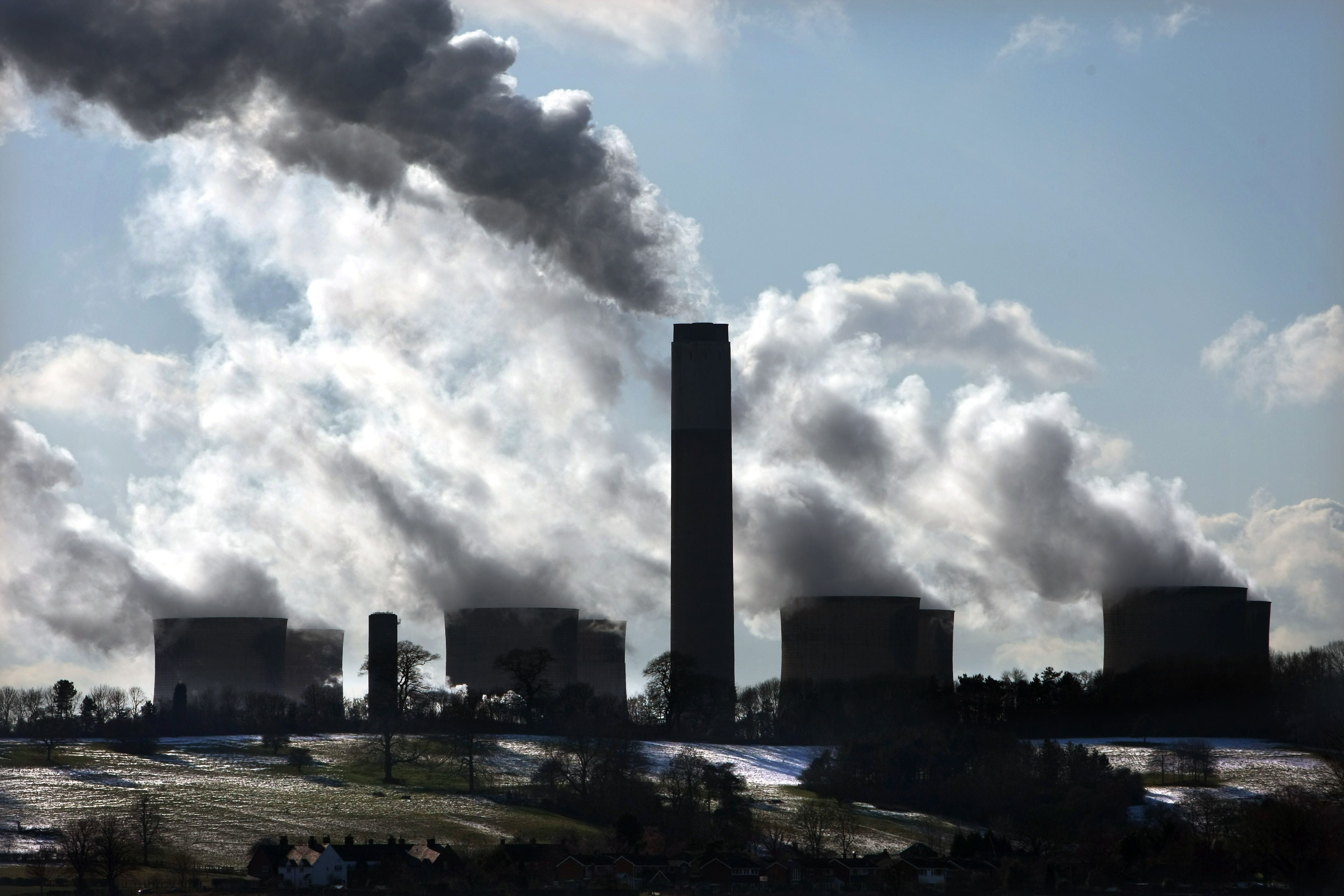Not enough UK firms have credible green plans, climate platform warns
Analysis suggests decarbonisation targets from disclosing businesses only cover up to 36% of their corporate emissions.

A climate reporting platform has warned “nowhere near enough” UK companies have credible transition plans aligned with a 1.5C pathway.
The Carbon Disclosure Project (CDP), a non-profit to which companies can voluntarily disclose information on their climate performance, has analysed its data on 1,450 UK firms that have shared this information, including around 91% of the FTSE 100.
The non-profit found the decarbonisation targets from these businesses only cover up to 36% of their corporate emissions.
The CDP looked at how companies have set and delivered on targets for Scope 1 and Scope 2 emissions – those from operations and energy purchased, as well as Scope 3 – those from the products it sells.
It found 64% of Scope 1 and 2 emissions by UK companies are not covered by a target, rising to 69% for Scope 3.
The results, published on Thursday in CDP and Bain & Co’s UK Climate Report, show that among UK companies who are setting targets, 21% are currently expected to miss their 2030 targets for Scope 1 and 2 emissions, while 31% are set to miss Scope 3 targets.
It comes in the wake of the UK Government saying its net-zero strategy is currently set to miss the key interim 2030 goal of cutting emissions by 60% compared with 1990 levels.
The UN has said global greenhouse gas emissions must be almost halved by 2030 to limit a global temperature rise to 1.5C (2.7F) above pre-industrial levels – the target set in the Paris Agreement to prevent irreversible tipping points that would lead to a collapse of life on Earth.
Disclosing data to CDP allows investors and others to compare companies’ performance in areas like climate change, water and forests.
The platform said the full number of companies off-track in relation to the UK’s net-zero plan is likely to be far higher since many are not disclosing their climate performance or setting targets.
Companies can truly embrace decarbonisation and add value to their business - these are not mutually exclusive
The CDP is warning that the current lack of progress in the private sector means many companies are at risk of falling behind incoming regulation, including an upcoming mandate in the UK where firms will have to share their transition plans.
Its analysis also suggests that companies taking decarbonisation seriously are generating significant financial value.
Dexter Galvin, chief commercial and partnerships officer at CDP, said: “It is concerning that the majority of UK companies have yet to set and deliver on targets in line with the annual emissions reductions needed to align with a 1.5C pathway, especially given the various disclosure regulations already, or set to be, implemented across the globe that will have significant impacts on UK companies.
“As the UK Climate Report shows, companies can truly embrace decarbonisation and add value to their business – these are not mutually exclusive.
“But you need to show leadership to do it, with credible transition plans aligned with 1.5 degrees that bring your senior managers along with you and link decarbonisation to core value proposition and value creation.
“The fact is there are nowhere near enough companies taking the necessary steps to do this, even though it is good for business, people and planet.”
Katherine Kajzer-Hughes, a partner in Bain & Company’s sustainability practice who leads the firm’s ESG work with UK industrial companies, said: “Effective decarbonisation strategies are a win-win – good for the planet and good for the organisations which enact them.
“Businesses which link decarbonisation to value creation have targets underpinned by robust transition plans, and embed delivery into their operating model can generate significant upside.”
The CDP said the report found “some causes for optimism”, adding that UK companies sharing their information has increased 2.6 times from 550 in 2020 to 1,450 in 2022, with average annual increases of 52% a year over the period.
The analysis suggests UK businesses are also decarbonising faster than their counterparts in Europe and North America.
The disclosing UK companies have cut emissions by 8% since they began reporting through CDP, compared with just 4% for those disclosing in both North America and Europe.
Meanwhile, the UK hospitality sector has cut emissions by an average of 12%, compared to just 7% in Europe and 6% in North America.
The UK’s fashion sector has cut emissions by 12%, compared with 7% and 5% for North America and Europe respectively.
Bookmark popover
Removed from bookmarks